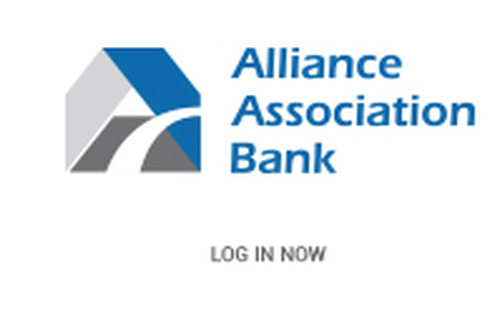CIT Group Incorporated today announces that it has recently signed on the dotted line with three new executives, namely Ms. Vicki Jennings, Ms. Nicole Skaro and Ms. Jolen Zeroski into its prestigious community association banking firm. This latest move by CIT is an indirect move to strengthen its presence in the ever-expanding field of financial services. The company will be banking alongside Bank of America, Chase Manhattan and Wells Fargo. Ms. Jennings is a key executive from CIT Group, who has held key executive positions in the finance and banking industries and will now take on the role of CIT's Executive Vice President for Retail Business Services.
Ms. Nicole Skaro is an executive from Wells Fargo Bank, who has been in the role of Chief Financial Officer since February of this year. Ms. Skaro has also served as CitiMortgage's Chief Commercial Mortgage Officer. She has been in this role since February of this year. This is yet another example of association banking and property management companies coming together to work as one towards a common purpose. These associations share a commitment to providing their clients with the most effective property management service possible.
CIT is just one example of the association banking and community association activities happening across North America right now. In Canada, there are already a handful of community associations banking and property management groups, which have formed a network called Canadian Interural Property Management Association (CPIMA). CIT joins the ranks of these associations by expanding its association banking arm.
A key feature of association banking and property management companies is credit approval. When a mortgage organization or financing company underwrite a loan, it takes the risk of the loan being rejected by major commercial banks because of bad credit. Credit approval is the difference between getting a loan and getting turned down by the big boys. So far, there hasn't been a company or person that can provide an organization with credit approval, and the ones that have tried have had poor results. The credit approval that CIT can offer is provided through established association banking underwriting standards.
Credit approved loans and mortgages will have higher interest rates than loans and mortgages that aren't approved through established association guidelines. Although not every organization is willing to adhere to these high rates, they are willing to adhere to strict association banking guidelines. And the result is a win-win situation for everyone involved.
To be accepted by credit approval organizations, associations and their mortgage finance arm need to have the following criteria in place. They need to be in good financial health, they need to have appropriate ratios of assets to liabilities and they need to have an adequate ratio of tangible assets to total assets. These ratios are a key component of established association banking underwriting standards. Credit approval organizations don't want to lend money to anyone that has a low ratio, so they look at various factors before approving any application. Some of these factors include credit history, employment income, and credit worthiness.
Other important factors in association banking are down payment and closing costs. The costs of loans and mortgages are usually deducted from the gross value of the assets being loaned. Because associations do not lend their own capital, they need to find people who can qualify to purchase properties and then they need to find those individuals who can pay their associated fees.
All applicants must have a decent credit score to get approval for a mortgage. Many credit card companies and loan officers will not work with an association unless the applicant has a decent credit rating. If your credit score is poor, you may be referred to a subprime lender, where you will need to obtain your own credit score and then apply to association banking. It's always best to have your credit score in order to determine your eligibility for subprime lending. If your credit score is low or bad, you should try to improve it as much as possible before applying for a home loan in order to get the best rates possible.
